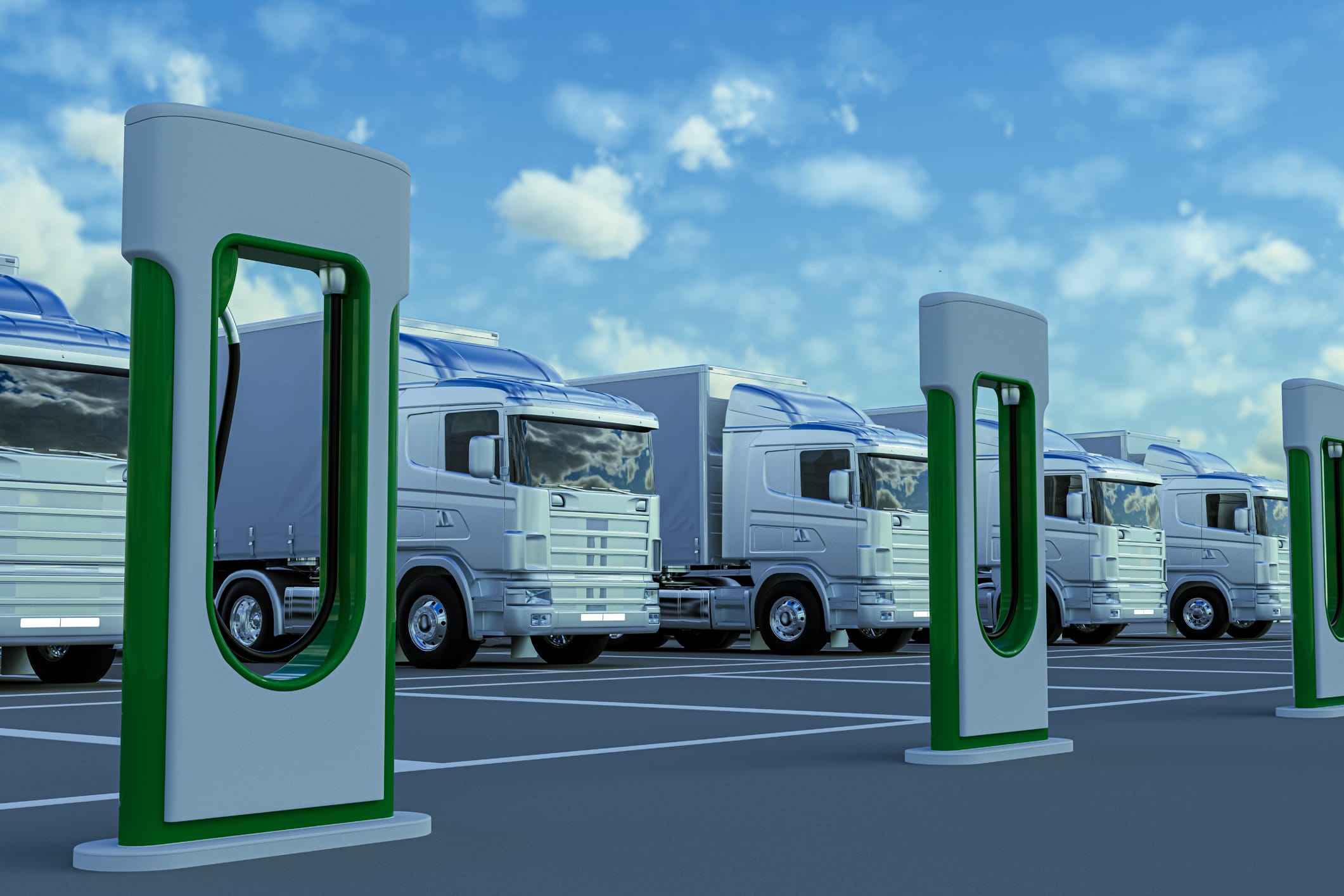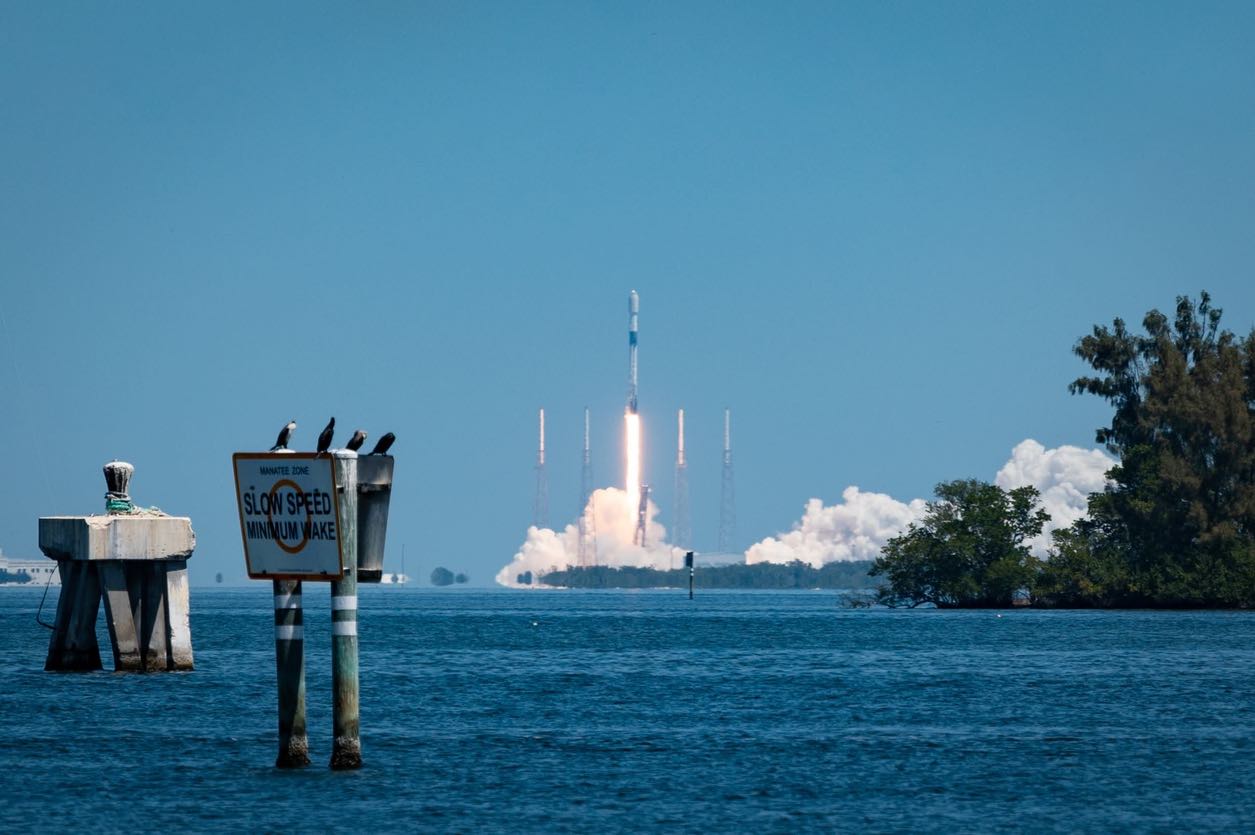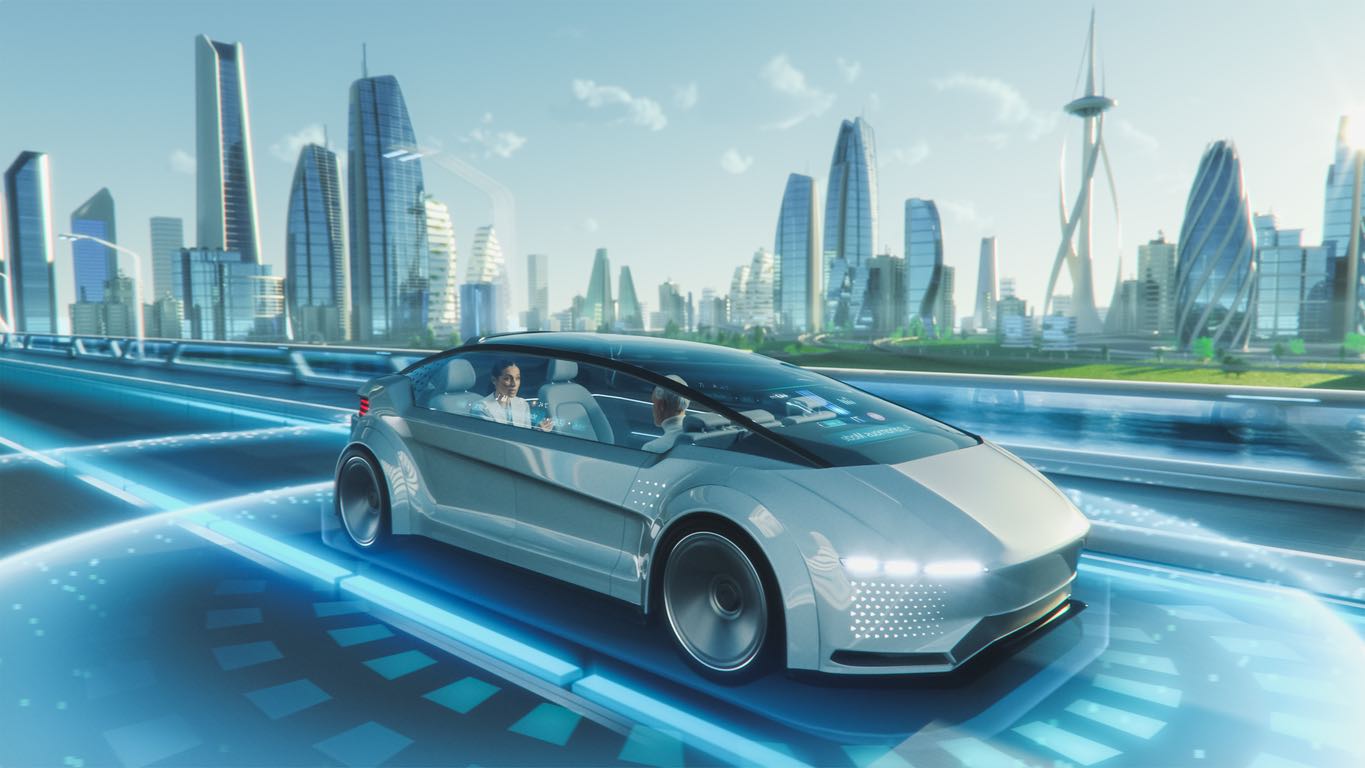Based on the urgency from clean air regulators in California, agents have created top targets in order to clear out the Diesel engines that have kept the trucking industry running for many generations. Instead, clean air regulators have been pushing the zero-emission commercial vehicles.
Both manufacturers and suppliers have been putting forth great effort into pushing the zero-emission truck onto the market. This was on display at the recent 2023 Advanced Clean Transportation Expo, which was held from May 1st through the 4th at the Anaheim Convention Center.
The truck makers are continuing to upgrade their lineups of medium to heavy-duty battery and electric trucks. The trucks on these lineups are designed for a number of different duties like short haul, drayage, and local distribution.
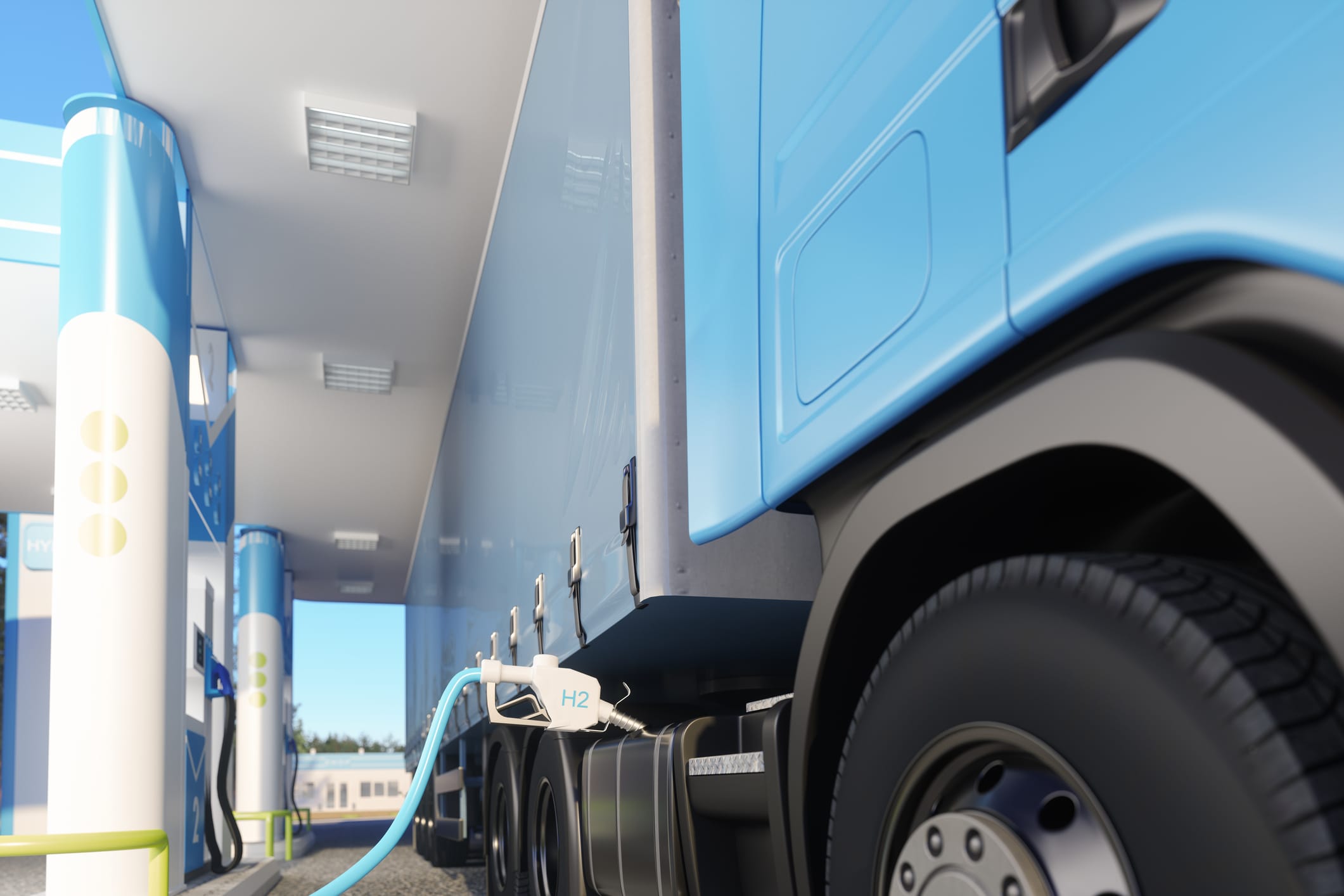
The Advanced Clean Transportation Expo even featured hydrogen fuel cell technology. This technology offers a pathway that extends the range of electric vehicles. The trucks that have this advanced technology are known as Class 8 fuel cell electric trucks. The expo also had a number of renewable fuels for internal combustion engines, which could include hydrogen, renewable diesel, and renewable natural gas.
Over the past year, both the government and private sector investments have placed an emphasis on more low or zero emission commercial vehicles on the road. Regulation continues to push the transportation industry toward cleaner technology.
The ACT Expo had coincidentally started just a couple of days after California’s Air Resources Board voted to finalize their Advanced Clean Fleets rule. This rule bans the sale of all new diesel-powered commercial vehicles within the state by the year 2036. Furthermore, the rule also requires all trucking companies operating within the state to move their fleets toward zero-emission vehicles within the years and decades to come. This zero-emission mandate established by CARB has received quite a bit of criticism from the trucking industry. The American Trucking Associations believes the zero-emission trucks are in the early stages of the technology, and the industry lacks the infrastructure to support them.
John Rich, the Chief technology officer at Paccar Inc., believes that the zero emissions are a major challenge. However, he believes that manufacturers, dealers, suppliers, and fleets need to work together in order to make the transition possible. Rich believes that reaching these objectives without disrupting the transportation industry will be extremely difficult.
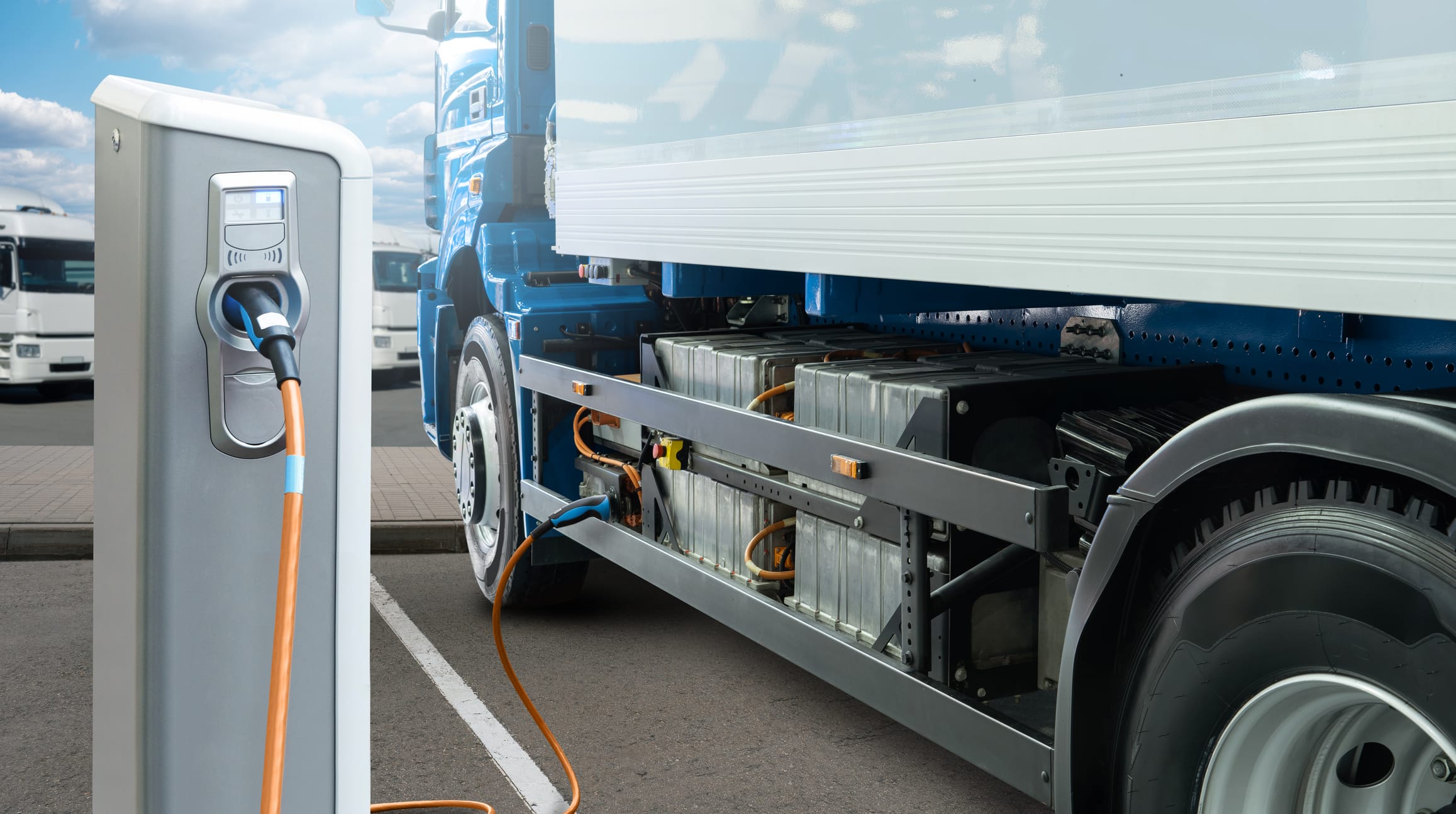
The shift in policies and the funding toward zero-emission commercial vehicles are an early indicator of the end of further development of the Diesel engine; this is according to the GNA’s 2023 State of Sustainable Fleets market. The annual report had cited zero-emission vehicle mandates that either are approved or under consideration in 13 states, along with public funding incentives for clean vehicles and infrastructure. The United States Environmental Protection Agency and CARB have created much stricter limits on nitrogen-oxide emissions for diesel-powered trucks in the future, which are sure to push up the cost and complexity of these vehicles. Manufacturers must also meet the new greenhouse gas emission standards.
In order to produce Diesel engines that incorporate low emission levels is both a challenge, and an expensive challenge. GNA’s Neandross notes that the price tag of a new diesel tractor could increase by $30,000, while also increasing the price to maintain the tractors. Neandross notes that 2027 could be the final year of the major diesel development programs.
While the regulations and incentives have been increasing in order to create zero-emission trucking, there are many barriers to this adoption. This could include multiyear delays for electrical service capacity. This has been on display as they have slowed down the fleets’ electric truck deployment plans. Furthermore, the cost parity with diesel is a major issue for zero-emission vehicles.

Overall, the sunset of the diesel era is upon us, with new technology capable of creating greener and more efficient forms of transportation for the trucking industry. There are a number of different options to fight the diesel industry like hydrogen, renewable diesel, and renewable natural gas for example. Of course, the renewable energy options could come at a much higher price tag and maintenance costs that companies have to remember and factor in prior to purchasing these options.
SAC is your dependable partner for the complex process of transferring large equipment. Our incredibly talented team is committed to expertly and professionally guiding you through each stage of the procedure. Simply get in touch with our business to get started and speak with one of our trained equipment transport specialists. Entrust SAC with the transportation of your large equipment to have a flawless and stress-free travel. To get started on a quick and easy moving procedure, contact us now.
